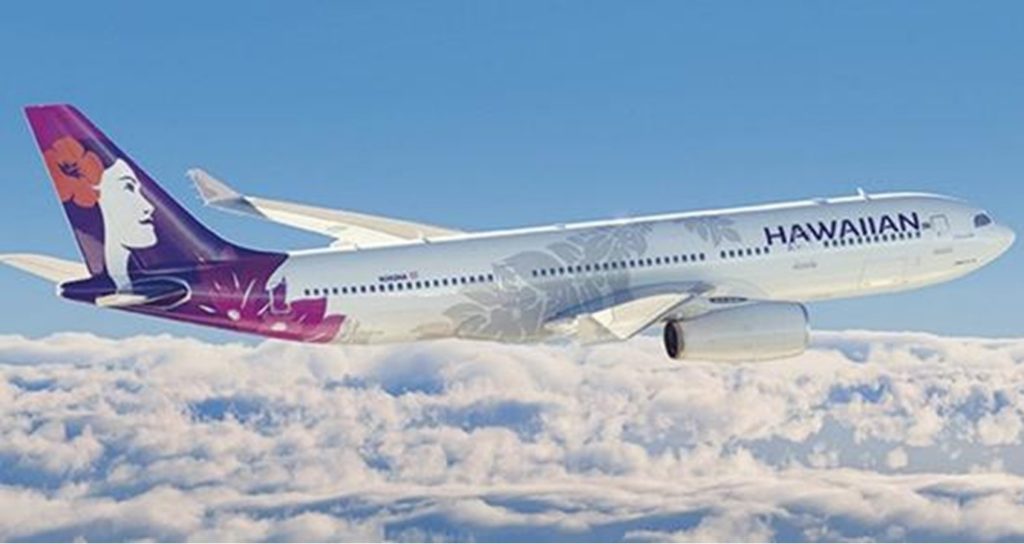
Hawaiian Airlines employees had their legal challenge to the airline’s vaccination policy rejected by a U.S. judge. Hawaiian Airlines rejected the seven people’s requests for exemption from vaccination because their religious beliefs were deemed to be “merely a personal preference.”
Following United Airlines’ similar policy, Hawaiian Airlines CEO Peter Ingram announced a staff vaccination certificate in August 2021. An interim testing procedure allowed the airline to extend the deadline for vaccinations from November 2021 to January 30th, 2022.
A year-long unpaid leave with the loss of all benefits is an option for employees who haven’t been fully vaccinated by this time. Around 95% of Hawaiian Airlines staff were fully vaccinated in early January.
Some of the 5% who had not been vaccinated had requested an exemption because of religious or medical concerns.
Based on “his body is a temple of the Holy Spirit and that, given explicit Scriptural mandates found in the Bible, it should not be transformed with an unwanted intrusion,” a Hawaiian Airlines Captain applied for a religious exemption.
“Her body was a temple of the Holy Spirit and that God had ordered her not to take the vaccine as a result,” another flight attendant said.
On the basis that doing so “would be ungrateful for God’s blessings of natural immunity,” a First Officer for Hawaiian Airlines who had worked for more than ten years has refused the vaccination.
Employees were given an ultimatum by Hawaiian Airlines in each of the cases where religious and medical exemptions were denied. Get vaccinated or risk being fired.
Hawaiian Airlines was temporarily barred from enforcing the order after the group petitioned U.S. District Judge Jill Otake.
Even though previous courts had already delved into the identical points in great length, Judge Otake concluded that losing one’s job due to the mandated vaccinations does not constitute “irritable injury.” Therefore, the case was thrown out last Wednesday.
There can be no reasonable doubt about the efficacy of vaccination as a means of preventing severe illness and death at this juncture in the pandemic,” Judge Otake wrote in his ruling.
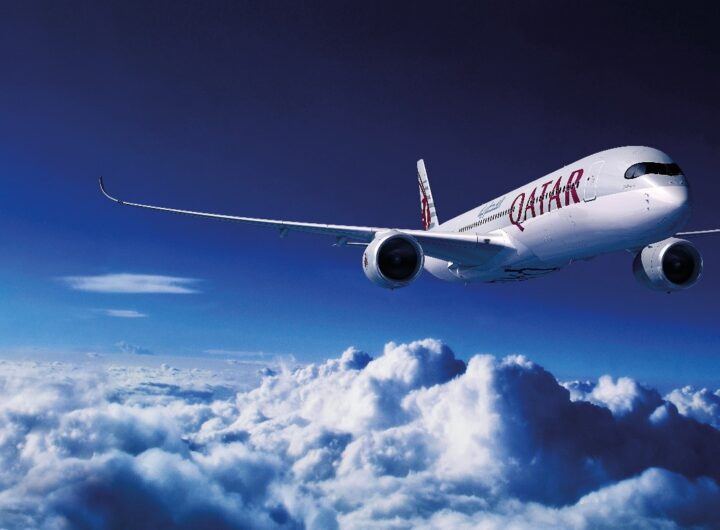 Qatar Airways Resumes Flights To Malta: Enhancing International Connectivity
Qatar Airways Resumes Flights To Malta: Enhancing International Connectivity  Turkish Airlines Crowned Best Airline in Europe for the Tenth Time
Turkish Airlines Crowned Best Airline in Europe for the Tenth Time 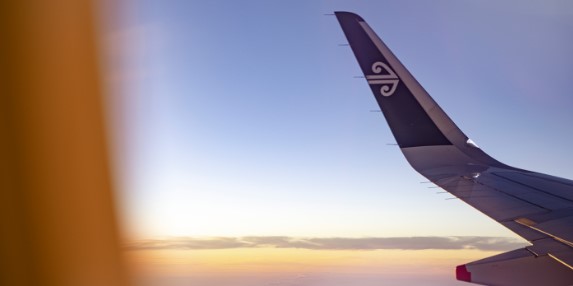 Taking on the Tasman: Air New Zealand Unleashes 1.7 Million Seats for Summer
Taking on the Tasman: Air New Zealand Unleashes 1.7 Million Seats for Summer 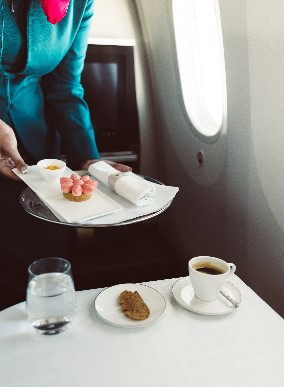 Oman Air Elevates In-Flight Dining with Exquisite Omani Rock Rose Dessert
Oman Air Elevates In-Flight Dining with Exquisite Omani Rock Rose Dessert  Cathay Pacific Elevates Inflight Dining with ‘Chinese Classics’ Menu
Cathay Pacific Elevates Inflight Dining with ‘Chinese Classics’ Menu  Hong Kong Airlines Set to Land in Sydney—And Travellers Reap the Rewards
Hong Kong Airlines Set to Land in Sydney—And Travellers Reap the Rewards  Viking Cruises Unveils 14 New Ocean Itineraries for 2026 & 2027
Viking Cruises Unveils 14 New Ocean Itineraries for 2026 & 2027 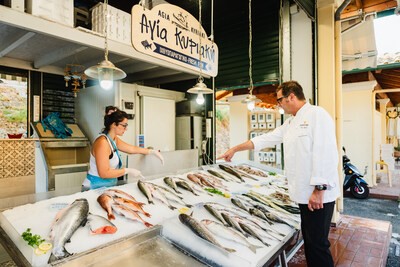 Seabourn Elevates Onboard Dining with New Menus and Local Flavours
Seabourn Elevates Onboard Dining with New Menus and Local Flavours  Oceania Cruises Marks a New Era with the Construction of the First Sonata Class Ship
Oceania Cruises Marks a New Era with the Construction of the First Sonata Class Ship 